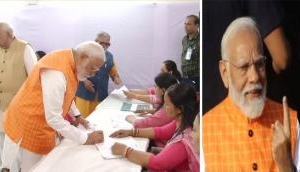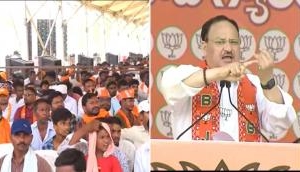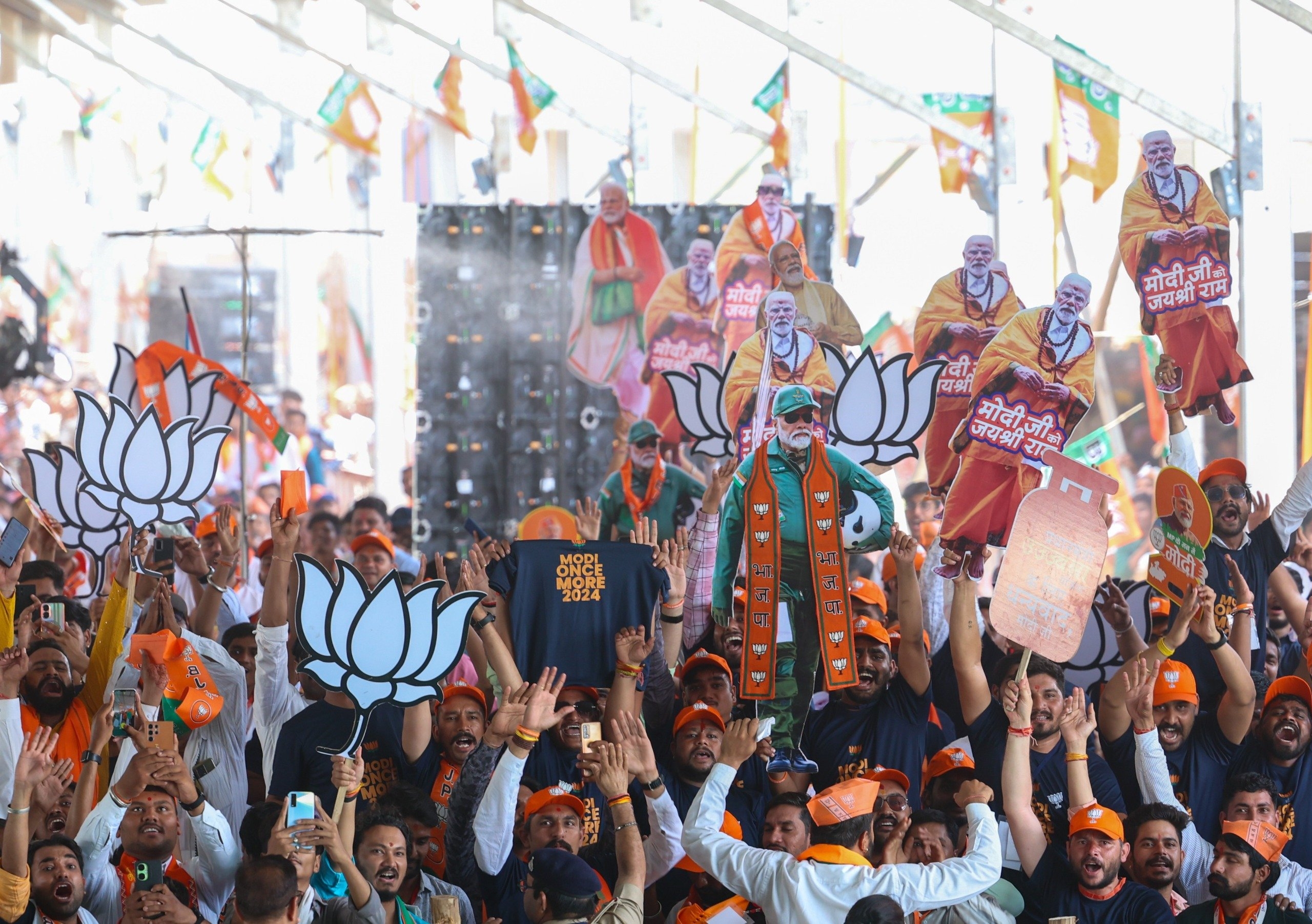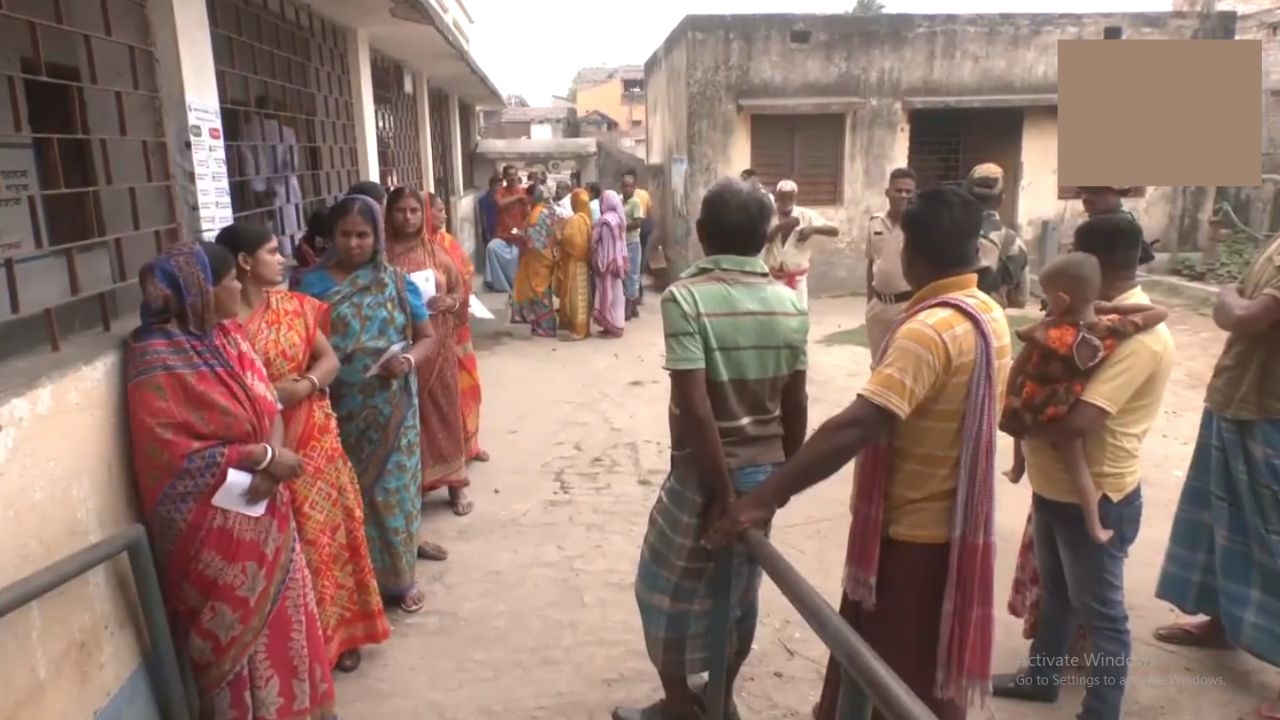
Days after China extended its "technical hold" on India's bid for a United Nations' ban against Jaish-e-Mohammed chief Masood Azhar, India slammed the Security Council for being "unresponsive" and indecisive on sanctioning leaders of organisations it itself designates as terrorist entities.
India's Permanent Representative to the UN - Ambassador Syed Akbaruddin - told the United Nations General Assembly that the 15-nation Security Council, the "principal organ" tasked with the maintenance of peace and security, has in a variety of ways become "unresponsive to the needs of our time and ineffective to meeting the challenges it is confronted with".
In a debate on the Report of the Secretary General on the Work of the Organisation, Akbaruddin referred to India's bid demanding a ban on Masood Azhar, without naming China, saying the Security Council is a body that "ponders for six months on whether to sanction leaders of organisations it has itself designated as terrorist entities".
"Then, unable to decide, it gives itself three more months to further consider this issue. One has to expectantly wait for nine months before the process is completed to know if Council members have decided on a single issue," the Indian envoy said in the General Assembly.
Back in March, China - a veto-wielding permanent member of the UN Security Council, who became the sole member in the 15-nation UN organ to have blocked India's move to put a ban on Masood Azhar under the Al-Qaeda Sanctions Committee of the Council.
The ban would have placed Masood Azhar on the 1267 sanctions list that would subject him to an assets freeze and travel ban.
Akbaruddin said in certain instances, the Security Council does not even begin the nine-month process of identification and listing of publicly announced leaders of listed entities.
"At best, it is now a body that can be described as an interesting and random mix of ad-hocism, scrambling and political paralysis. This global governance architecture now calls for comprehensive reform," Akbaruddin said.
--With PTI inputs







![BJP's Kapil Mishra recreates Shankar Mahadevan’s ‘Breathless’ song to highlight Delhi pollution [WATCH] BJP's Kapil Mishra recreates Shankar Mahadevan’s ‘Breathless’ song to highlight Delhi pollution [WATCH]](http://images.catchnews.com/upload/2022/11/03/kapil-mishra_240884_300x172.png)

![Anupam Kher shares pictures of his toned body on 67th birthday [MUST SEE] Anupam Kher shares pictures of his toned body on 67th birthday [MUST SEE]](http://images.catchnews.com/upload/2022/03/07/Anupam_kher_231145_300x172.jpg)






